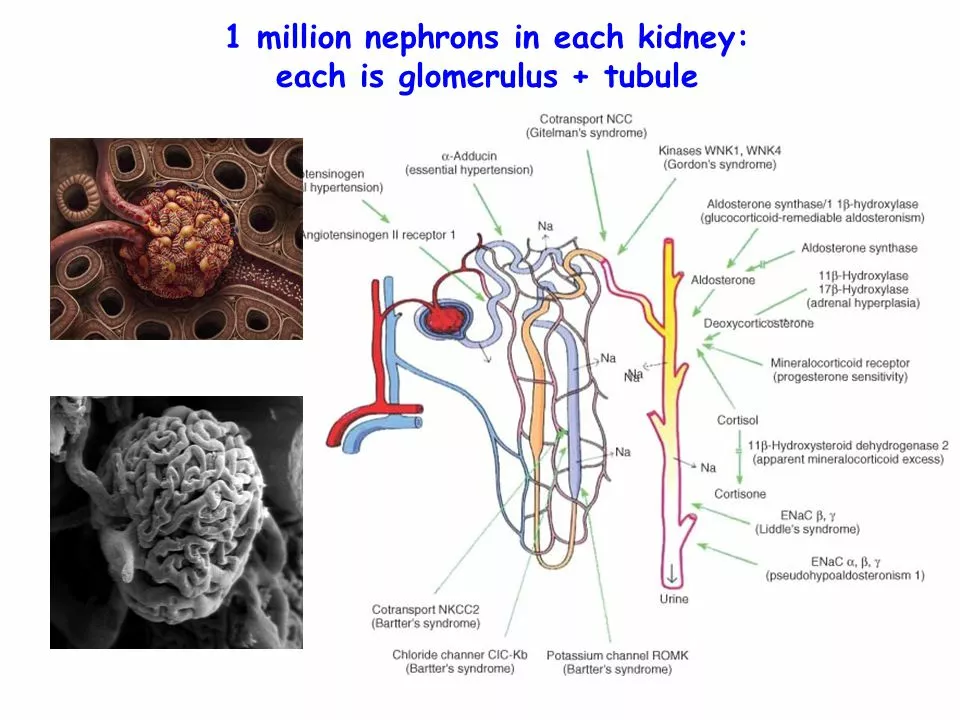As a blogger, I feel it's important to share information about the potential effects of medications on our bodies. Recently, I came across some concerning information about Ranitidine and its potential impact on kidney function. Ranitidine, commonly known as Zantac, is a widely used medication for treating stomach acid-related issues, but studies have shown that it may cause acute kidney injury in some cases. It's crucial for patients taking Ranitidine to closely monitor their kidney function and consult their healthcare provider if they experience any issues. I hope this information helps raise awareness and encourages individuals to take their health into their own hands.
Kidney Function: What It Is and Why It Matters
If you’ve ever wondered what those bean‑shaped organs actually do, you’re not alone. Your kidneys are the body’s natural filtration system. They pull waste out of your blood, balance fluids, and keep electrolytes in check. When they work well, you feel fine; when they slip, fatigue, swelling, or high blood pressure can show up fast.
Understanding kidney function helps you spot problems early and make choices that protect these vital organs. Below we break down the basics and give you practical tips you can start using today.
How Kidneys Filter Blood
Each kidney contains about a million tiny filters called nephrons. A nephron takes in blood, squeezes out waste like urea and excess salts, and sends clean fluid back into circulation. The leftover waste becomes urine, which travels down the ureters to the bladder.
The process is more than just cleaning. Kidneys also regulate potassium, calcium, and phosphate levels so muscles and nerves work right. They release hormones that control blood pressure and stimulate red‑blood‑cell production when needed. In short, they keep many body systems in balance.
Tips to Keep Your Kidneys Healthy
Stay hydrated. Drinking enough water helps the kidneys flush out toxins. Aim for about 8 glasses a day, but adjust if you’re very active or live in a hot climate.
Watch your salt intake. Too much sodium makes the kidneys work harder and can raise blood pressure. Try seasoning with herbs, lemon, or vinegar instead of reaching for the shaker.
Limit sugary drinks. High sugar loads can lead to diabetes, a major cause of kidney damage. Swap soda for water, tea, or sparkling water with a splash of fruit juice.
Be careful with over‑the‑counter pain meds. Ibuprofen and naproxen can irritate kidneys if taken frequently. Use them only when needed and follow the label instructions.
Eat kidney‑friendly foods. Foods rich in antioxidants—like berries, leafy greens, and bell peppers—support overall organ health. Reduce intake of processed meats and high‑phosphorus items if you have existing kidney issues.
Check your blood pressure and blood sugar regularly. Keeping these numbers in range reduces strain on the kidneys. Simple home monitors make tracking easy.
If you take prescription meds that affect kidneys (for example, certain antibiotics or diuretics), ask your doctor about regular kidney‑function tests. Early detection of changes can prevent long‑term problems.
Remember, kidneys don’t have pain receptors, so they often give warning signs only when damage is already happening. Paying attention to subtle cues—like swelling in the ankles, foamy urine, or persistent fatigue—can prompt a doctor’s visit before things get serious.
By staying hydrated, eating smart, and keeping an eye on blood pressure, you give your kidneys the best chance to keep filtering efficiently for years to come. Small habits add up, so start with one change today and watch how it improves your overall health.

